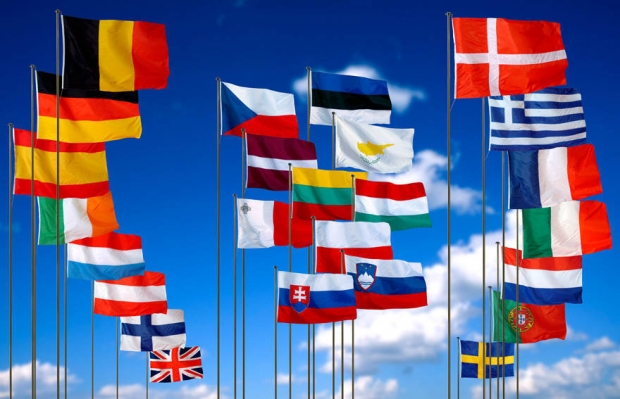
Europe's biggest telecom companies have presented a proposal for bringing 5G to the market, calling for less regulation of services and more state funding to ensure the full potential of the next generation of mobile technology is realised, according Telecompaper. The industry players - from Deutsche Telekom to Ericsson to SES - met with EU Digital Economy Commissioner Gunther Oettinger to discuss their '5G Manifesto' and how its recommendations can be incorporated into the EU's 5G Action Plan, expected this autumn.
The operators proposed a timetable for testing 5G, starting with technology trials by multi-country consortia in 2017. Once the 3GPP is close to finalising the 5G standard, expected in 2018, the first user trails can start. The telecom industry wants the EU's support in ensuring the appropriate spectrum is available, with harmonised licensing of the 700MHz, 3.4-3.8GHz and higher-frequency bands (for 24GHz and beyond) across EU countries by 2020. This means ensuring a common standpoint among EU countries by the next World Radiocommunication Conference in 2019.
In addition, the manifesto calls for financial support for large-scale demonstrations of 5G technology, in order to encourage vertical industries to get involved in trials. Existing EU funding mechanisms could be used to provide grants of EUR 500 million to EUR 1 billion for this, the industry suggested. They also see room for the EU to set up a 5G venture capital fund, in order to support start-ups developing 5G tecnologies and applications.
If the 5G Action Plan can incorporate the above efforts, the operators pledge to launch a 5G network in at least one city in every EU member state by 2020. However, they also see a need for a lighter regulatory touch in order to free up the resources needed for the major investment required for 5G. The 5G Manifesto echoes calls by incumbent operators and their lobby groups ETNO and the GSMA for reforming the telecom regulatory framework, including ending ex ante regulation in many areas in order to support investment in fibre and 5G, focusing remaining access regulation on market competition in retail services, and favouring long-term commercial, co-investment and network sharing agreements among operators to realise infrastructure investments and access.
The industry also warned that the EU's net neutrality rules could pose a barrier to 5G investments. While already in effect, the exact interpretation of the net neutrality rules is in question, as Berec and the national regulators are still working on guidelines. The operators want to be able to offer specialised services for industry verticals, without running the risk of net neutrality violations. 5G will make possible increased 'network slicing', where new applications such as autonomous driving, smart grids and public safety networks, can be offered different levels of guaranteed quality. The 5G Manifesto called the draft net neutrality guidelines proposed by Berec "excessively prescriptive" and warned that if adopted, these "could make telcos risk-averse" to investing in 5G's full potential.
EU commissioner Oettinger welcomed the input from industry. The manifesto, as well as feedback collected in a public consultation underway until 11 July, will be used as input for the final proposal on the 5G Action Plan, he said. The European Commission also plans high-level meetings 12 July to discuss progress on the Digital Single Market initiatives, including the 5G plan and proposed reform of the telecom regulatory framework.





